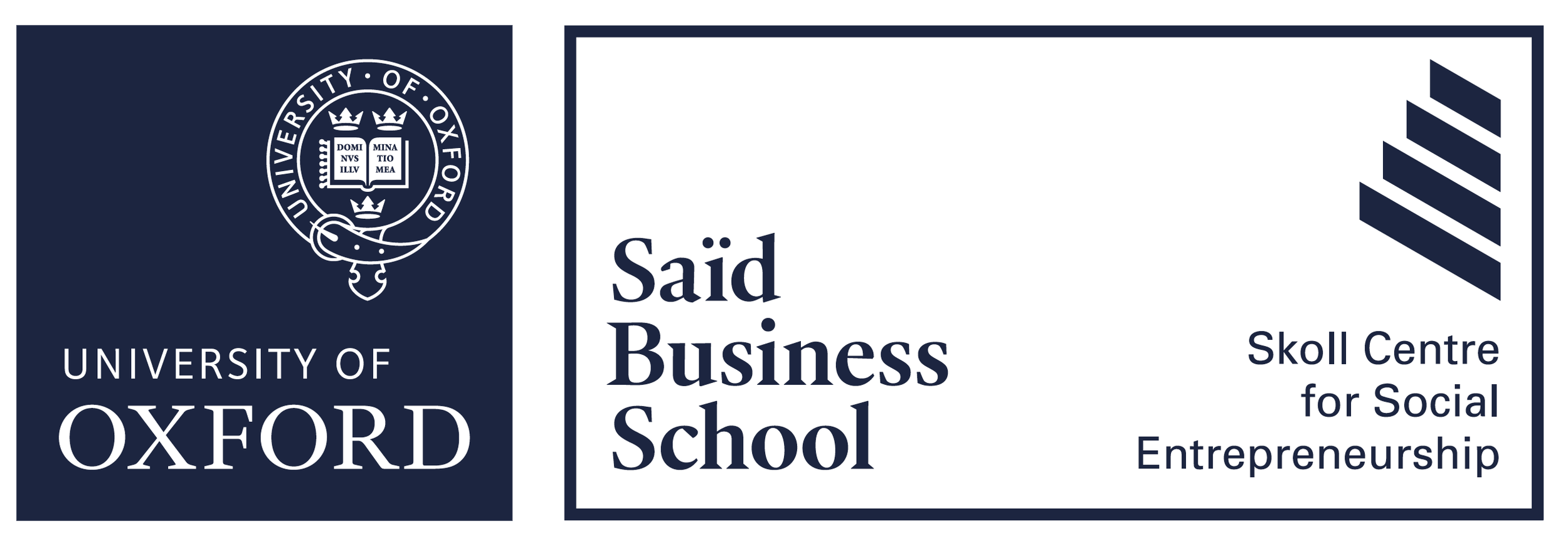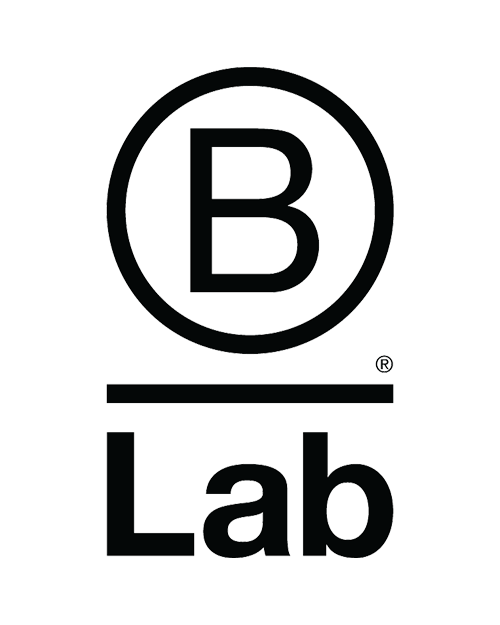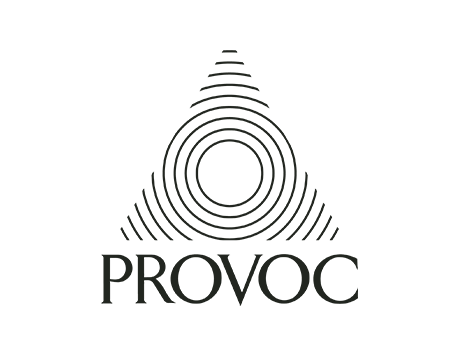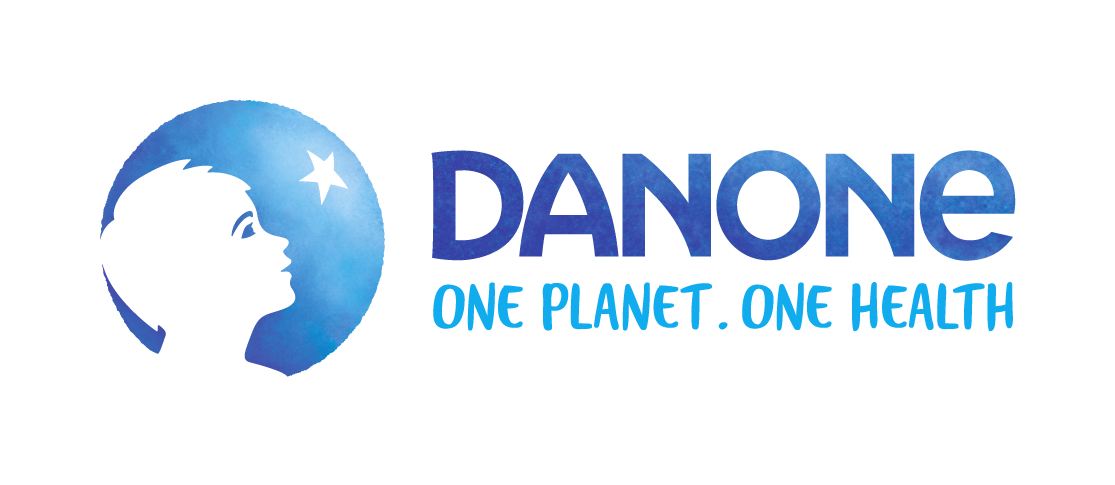
What is Climate Justice?
Climate Justice recognizes that those who are least responsible for climate change are more likely to suffer its gravest consequences. Climate change is a human-made crisis that has been primarily wrought by those with economic power and privilege. But the effects of climate change have a disproportionately negative impact on the historically marginalized and underserved – primarily people of color and low-income communities around the world.
Climate Justice means advancing climate solutions that link human rights and development in a human-centered approach, placing the needs, voices and leadership of those who are most impacted at the forefront. Put simply, Climate Justice places people and equity at the center of climate action and advocacy.
The B Corp Climate Collective stands firmly in solidarity with historically marginalized communities around the world — those who are currently and will be most affected by the devastating impacts of climate change. We are committed to centering all climate action and advocacy in Climate Justice.
Introducing the Climate Justice Playbook for Business
As the B Corp Climate Collective works to advance its commitment to center climate action in Climate Justice, and to equip our member businesses on this journey, we are pleased to release a new resource: The Climate Justice Playbook for Business: How to centre climate action in Climate Justice.
This Playbook provides insights, guidance, and case studies of companies that are seeking to advance climate justice in their operations, supply chains, and in the communities they impact. As demands for systems change continue to build, this Playbook calls on the global business community to make a fundamental shift in mindset and behavior, to evolve from extractive and exploitative to regenerative and equity-driven — putting those who are most impacted by climate change at the forefront of driving solutions.
This practical guide will help business leaders understand the intersection of climate action and social justice, and advance a justice-centered approach to sustainability efforts in their own work. Through real-world examples, business-to-business advice, and human stories, this playbook shows just how essential it is to center the voices of those most affected if we are to make real progress on climate action.
Playbook Partners
Contributing Businesses
“Putting people and justice at the center of business efforts to address the climate emergency will be no easy feat, but it must be done. Climate activists have been trying to solve the climate crisis for nearly 50 years, but have barely moved the needle because they have not collectively centered the people and lived experiences of those most affected to build solutions together. This next decade—the Decade of Action—is pivotal for climate action, and the pathway to effective climate action is to listen to and incorporate the wisdom of the people and communities most impacted. We have to work collaboratively to create the sustainable and just future we want; not in siloes, and not through the paternalistic, colonialist, and saviorist methodologies that got us here.”
5 Key Takeaways from the Climate Justice Playbook for Business
This is deep, challenging, personal work. We have to set aside conventional ways of thinking and doing to do this work well. The work is non-linear and hard, and must start from within each person. It’s not only a professional journey, but a personal one — rooted in mindfulness, humility and self-awareness.
People & equity must be at the center. Climate justice cannot be just a “lens:” people and justice must be at the center of all climate action and advocacy. We must listen to and take the lead from those most impacted who have been historically at the margins.
We must work together. We need more than businesses simply working alone on their own impact: it’s collaboration and collective voice, awareness, and action that will enable us to solve the climate crisis and create a just, equitable, regenerative future.
There’s no time like the present to get started. You’re not alone if you’re at the beginning of this journey. The Playbook includes stories and insights from businesses who at different points along this journey.
A fundamental mindset shift is essential. The global business community must evolve its thinking on climate action — from extractive and exploitative approaches that perpetuate a cycle of harm and injustice to equitable and regenerative ones, focused on creating sustained social and environmental well-being.
Making the Mindset Shift
Consciously centering climate action in Climate Justice requires a fundamental shift in mindset and action — from extractive and exploitive to equitable and regenerative approaches. On the left side of this wheel you’ll see examples of how the current, broken system perpetuates a cycle of harm and injustice though things like paternalistic, colonialistic and white supremacist modes of thinking. We must evolve and make a fundamental mindset shift to the wheel on the right: an equitable and regenerative approach rooted in new power models, that creates sustained social and environmental well-being. This graphic appears on p. 60 of the Climate Justice Playbook for Business.

















